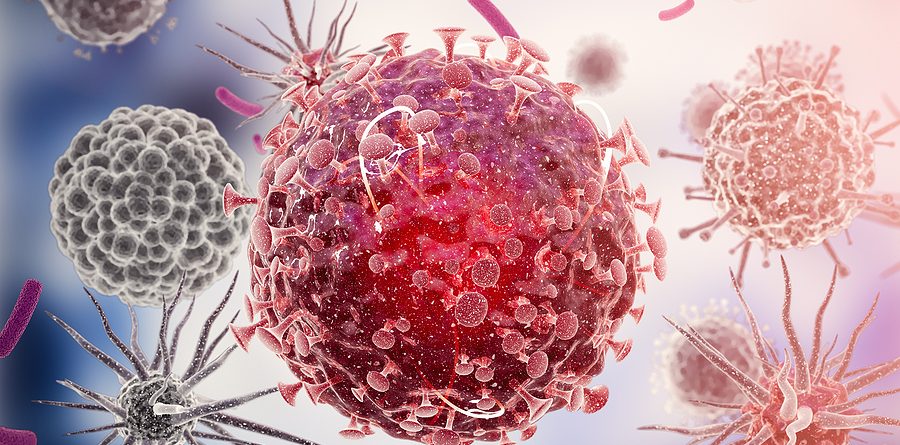Antimicrobial and Self-Cleaning Materials – What’s the Difference?
The onset of the COVID-19 pandemic brought with it a new normal — one that highlights our need for protection from bacteria and viruses, especially in public places and on high-touch surfaces. SCS recently partnered with RailEyes to bring their TouchPoint™ technology — an antimicrobial, film for high-touch surfaces — to elevator braille, buttons, and signage. While we’ve all heard about (and likely used) antimicrobial products for years, the concept of a self-cleaning surface is relatively new, so you might wonder, “What’s the difference between antimicrobial and self-cleaning?”. We’re glad you asked.
Antimicrobial vs Self-Cleaning
An antimicrobial product contains an agent that inhibits the ability of microorganisms to grow on the surface of a material. In other words, antimicrobial products kill or slow the spread of microorganisms such as bacteria, viruses, protozoans, and fungi such as mold and mildew. Self-cleaning surfaces have the ability to release any debris or bacteria from their surfaces. The self-cleaning functionality of these surfaces is often inspired by and modeled after phenomena observed in nature: lotus leaves, gecko feet, and water striders are examples of organisms that have natural self-cleaning mechanisms. So while antimicrobial surfaces inhibit the growth of microorganisms, self-cleaning surfaces continuously release any microorganisms that come into contact with the surface.
A Multitude of Uses
TouchPoint™ film is easy to apply and can be used on a wide range of surfaces. Thin yet durable, it does not interfere with the mechanical functions of high-touch surfaces under any condition. As a result, this innovative product can be used on surfaces such as touchscreens, buttons, and handles. More specifically to SCS’s purposes, it can be applied to elevator braille, buttons and panels, imparting hygienic properties without affecting ASME regulations. Messaging can also be imprinted on the film to educate users on its antimicrobial properties or to encourage social distancing and good hand hygiene.
There are an unlimited number of potential uses for this product on high-touch surfaces, and we hope to introduce TouchPoint™ to many other industries. We can foresee it being used on restaurant menus, door handles and push bars, shopping cart handles, phone screens, Point of Sale screens, gas pump handles, and so much more. Imagine how much more protection high-touch surfaces can have— both during the COVID-19 pandemic and beyond!
Want to know more about TouchPoint™?
The new normal we are living in requires normalizing new solutions to keep your surfaces safer and TouchPoint™ technology can make that goal a reality.
Contact us today to receive TouchPoint™ product samples and learn more about this groundbreaking innovation.

